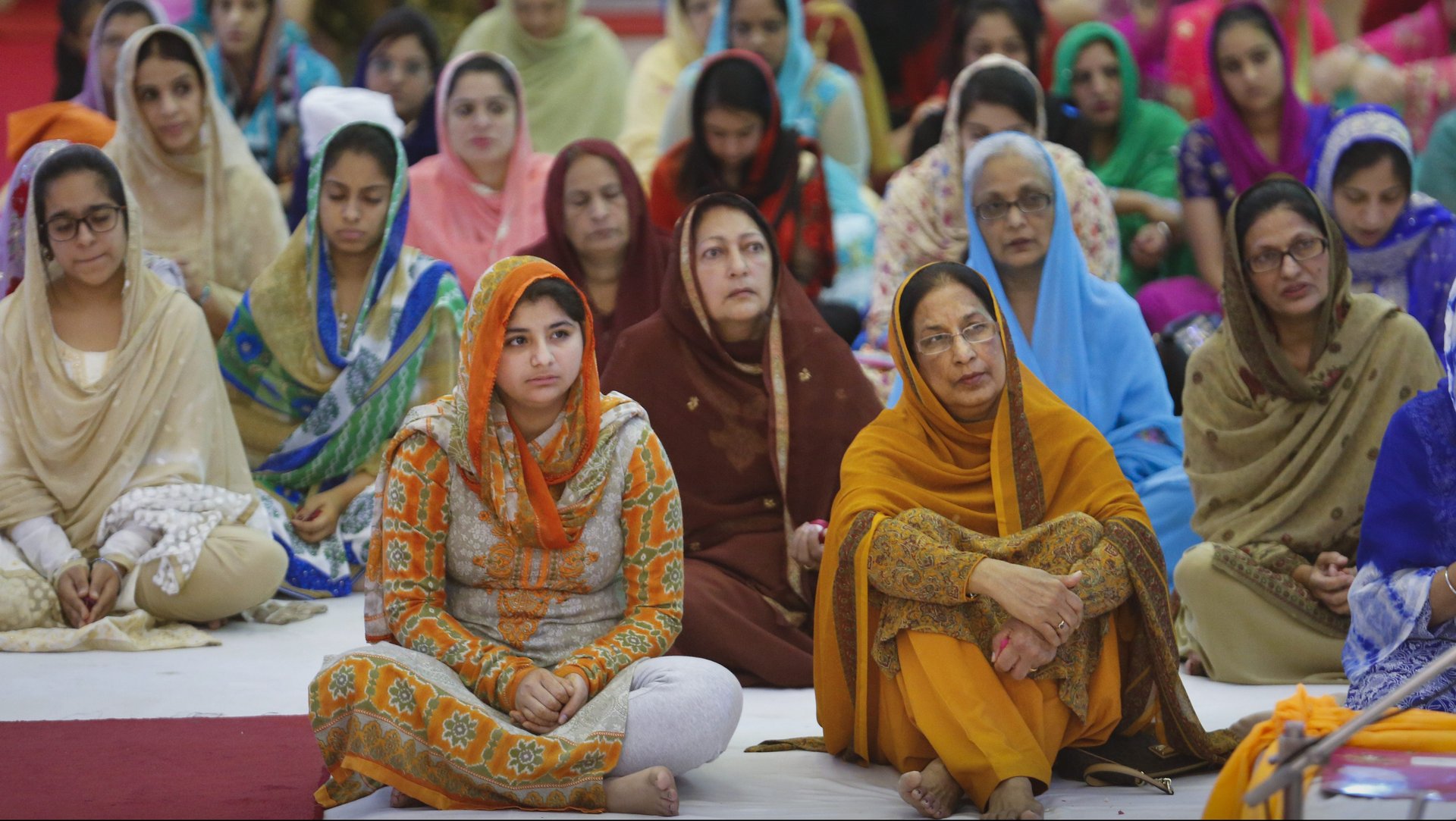Adding Asians to Kenya’s list of tribes shows an unhealthy obsession with tribal purity
Kenya’s government officially recognized members of the Asian community as a tribe last week, supposedly as part of an effort to integrate them into mainstream society, and to secure their rights in the country’s social and political fabric.


Kenya’s government officially recognized members of the Asian community as a tribe last week, supposedly as part of an effort to integrate them into mainstream society, and to secure their rights in the country’s social and political fabric.
The acting internal security minister Fred Matiang’i said that the move to declare Asians as the east African nation’s 44th indigenous group allows them to finally become part and parcel of “Kenya’s great family.” For a community that had been categorized in the national census as the “other,” the acknowledgment was welcomed by many as long-due, a progressive gesture that would push the country towards a dream of inclusivity and equality.
Others, however, saw it as an extension of the warped and divisive reality of tribal politics in Kenya. Some also pointed out that the Asian community in Kenya didn’t fit the definition of a tribe, given their diverse religious, socio-cultural, linguistic and ancestral homelands. And with less than three weeks to a crucial poll, others suggested that the decision reeked of election gimmickry—and hence undermined the community’s place and contribution to Kenyan society long before and after independence in 1963.
“Kenyans should not be fighting to be assigned a tribe,” says Rasna Warah, a Kenyan author whose 1998 book, Triple Heritage, examined this issue. Instead of assigning a tribal identity, she said, Kenyans should be striving “to create a nation where everyone’s rights are respected, regardless of tribe, race, or ethnic group.”
Yet the reality is that tribalism and ethnic affiliations are the arbiters of social, political, and economic life in Kenya. This goes back to the colonial era when Britain’s divide and rule policy was used to play one community—especially the Kikuyu and Luo—against one other. After independence, one community’s proximity to power meant that its members could easily access or benefit from government jobs, tenders, and services.
These disparities still exist today: for instance, president Uhuru Kenyatta’s Kikuyu community and deputy president William Ruto’s Kalenjin currently hold the majority of parastatal jobs. Members of opposition candidate Raila Odinga’s Luo are also part of six communities that occupy more than 70% of all jobs available in the higher learning institutions in Kenya.
For Kenyan Asians, their relationship to Kenya has been fraught from the beginning. Indians migrants first sailed to Mombasa in the mid-1890’s, in order to construct the railway line that would open up Kenya’s interior and that of neighboring Uganda. Many workers lost their lives building the “Lunatic Express,” beset by hungry lions and diseases. After independence, the community faced challenges with acquiring citizenship and holding public service jobs. But that didn’t stop them from enterprising and becoming successful traders.
Their economic success, however, also came at a price. They were often looked at with suspicion, and accused of exploiting the country’s majority African population. After an attempted coup in Kenya in 1982, many of their shops in the capital Nairobi were smashed and looted, and their women raped. Yet that tumultuous affair also didn’t deter the Asian community from contributing to the country, joining the upper echelons of society, and securing positions from the parliament to private sector institutions, and the supreme court.
Affluent members of the community such as the Aga Khan from the Ismaili Muslim community invested in independent media outlets, while those from the Sikh community built community centers, schools, temples, and hospitals all across the country.
Aleya Kassam, a Kenyan-Asian writer, recently penned a piece saying that while the classification “feels like a recognition that we passed the test of allegiance” it still left her with a lot of unanswered questions. “What does this mean in practical terms, to be a considered a tribe?” Aleya wrote. “Is there a provision in the constitution that grants us certain rights that we didn’t have access to before? Do I sniff politics in the air?” As a minority community, she said, “we’ve watched from the fringes how messy and downright dangerous tribal politics is, and many of us don’t want anything to do with it.”
The issue is, however, already drawn into Kenya’s ethnicized political reality. A few days after some community members petitioned the president to recognize them as a tribe in May, Kenyatta’s government released a statement saying Asians had endorsed his re-election campaign. Zahid Rajan from the Kenyan Asian Forum said that politicizing the issue only added to its “negative and divisive” nature. Recognition, he said, should be reserved for communities like the Makonde, who were recently recognized as citizens after coming from Mozambique 80 years ago.
Warah says the designation of Kenyan Asians as a tribe emphasizes the country’s obsession with the language of “tribal purity.” And while we might not be seeing white Kenyans demanding to be recognized as a tribe, she says, “without a tribal identity you might as well not exist.”